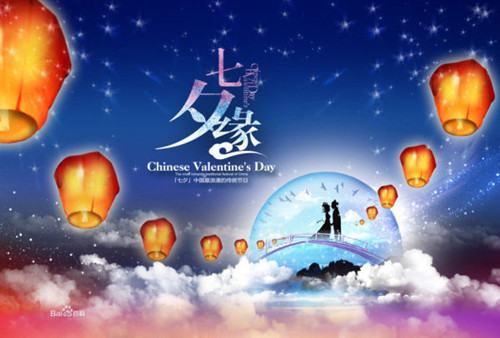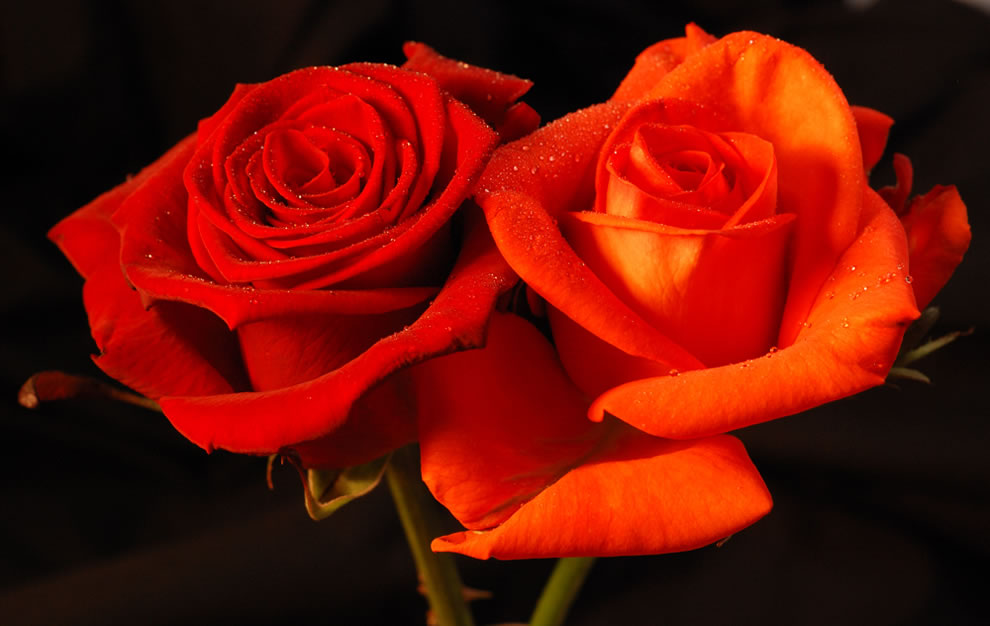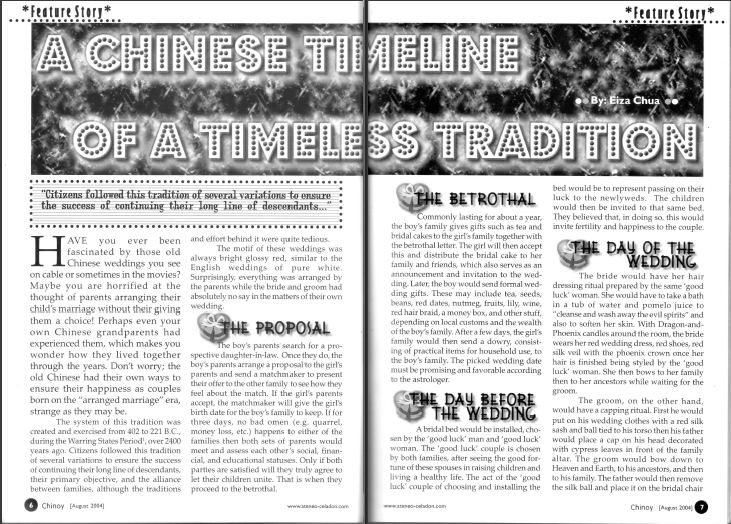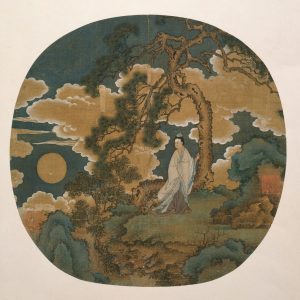The Qixi Festival serves as the Chinese version of Valentine’s day. The festival also has different names such as the Double Seventh Festival as it is celebrated on the seventh day of the seventh lunar calendar month (around August in the Gregorian calendar), and the Magpie Festival which originated from a love story between a mortal cowherd and the Seventh Daughter of the Heaven’s Mother Queen.
It was a relationship the Mother Queen disapproved. When the Mother Queen found out of the forbidden romance, she took the Seventh Daughter to heaven, and the cowherd and their two children chased them. Just when the cowherd was about to catch up with her, the Queen Mother took her daughter’s hairpin and drew a river of stars (the Milky Way) between the lovers which prevented them to be together. For years, the sadness between the two lovers, and their children’s longing to be reunited with their mother touched the Queen Mother who allowed her daughter to see her lover and two kids every seventh day of the seventh lunar calendar month. Their love for each other also touched the magpies, a bird symbolizing happiness in Chinese culture, which moved them to go to the Milky Way and form the bridge where the lovers can meet every year.
In celebration of the Qixi Festival, Elements Magazine presents a compilation of articles showing stories and issues on love and romance in the Chinese-Filipino culture.
Chinese-Filipinos, the Oxymoron
Such is the battle cry of House Martell as depicted in the hit HBO series known to us as Game of Thrones. However, it can as well be used to refer to the Chinese living in Philippines today as depicted in the daily episodic series known to us as reality. Admittedly and to their credit, some parents of Chinese-Filipino millennials have made an effort to loosen their grip on select traditions and practices previously regarded as indispensable but currently don’t have a place in the grand cultural landscape of the 21st century. But perhaps, there are just some issues, seen as too important, too central to the lives of their children, on which they feel compelled and duty-bound to remain unbowed, unbent, unbroken.
Everyday Love
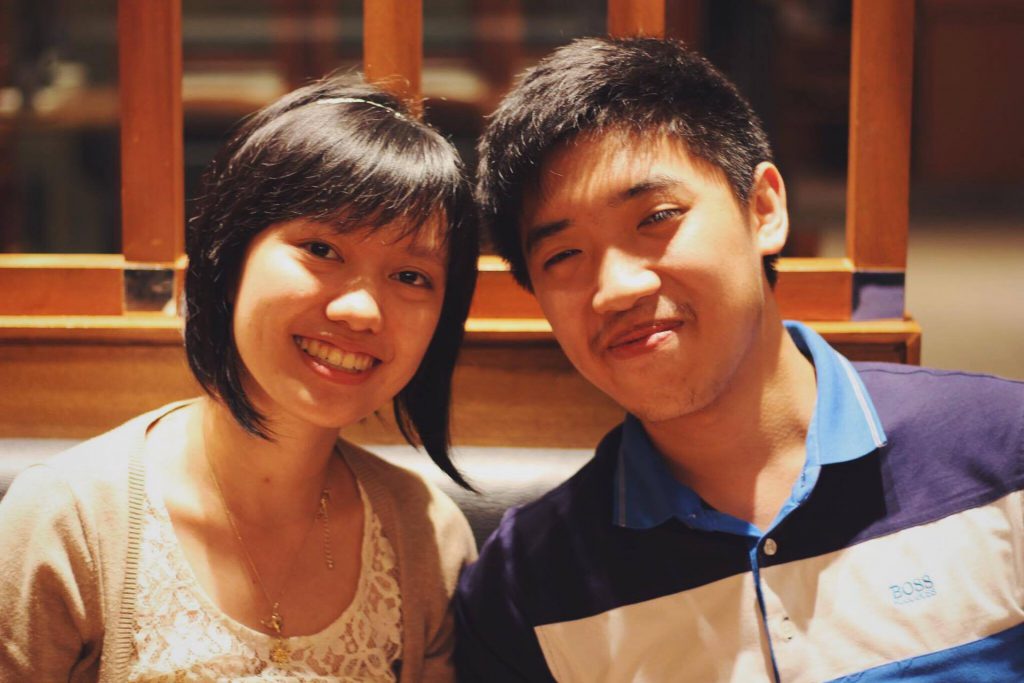
Everyone knows the standard romantic comedy plot: the meet-cute between the two lovers; the inevitable courtship filled with awkward shenanigans; the first kiss; the fight that ends up with the couple misunderstanding each other; the part where the two parties confess their reciprocated love for each other ending in a big darn kiss. Everyone knows the standard comedy plot to the point that anyone can write down the clichés just as yours truly did.
Except the romantic comedy is a film; something that can be tamed and molded in our imagination. It is a genre that captures the highs and the lows of the two lovers’ mutual romantic pursuit. It is as if everyone is just asking for the part where the couple falls in love. No one is asking for the part where the couple is together; when their relationship begins; when their relationship is now an everyday event.
Forbidden Love?
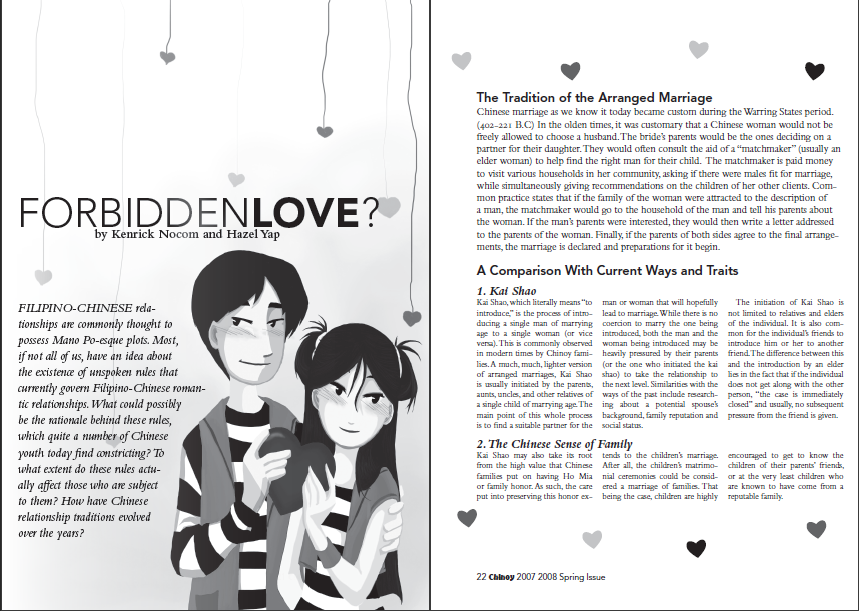
Chinese-Filipino relationships are commonly thought to possess Mano Po-esque plots. Most, if not all of us, have an idea about the existence of unspoken rules that currently govern Chinese-Filipino romantic relationships. What could possibly be the rationale behind these rules, which quite a number of Chinese youth today find constricting? To what extent do these rules actually affect those who are subject to them? How have Chinese relationship traditions evolved over the years?
A Chinese Timeline of a Timeless Tradition: The Chinese Wedding
Have you ever been fascinated by those old Chinese weddings you see on cable or sometimes in the movies? Maybe you are horrified at the thought of parents arranging their child’s marriage without them a choice! Perhaps even your own Chinese grandparents had experienced them, which makes you wonder how they lived together through the years. Don’t worry; the old Chinese had their own ways to ensure their happiness as couples born on the “arranged marriage” era, strange as they may be.
Source:
http://news.xinhuanet.com/english/china/2016-08/08/c_135575754.htm
Compiled by Joshua Cheng and Robert Cuartero.
Photo from http://en.hubei.gov.cn/news/newslist/201308/t20130813_463638.shtml

